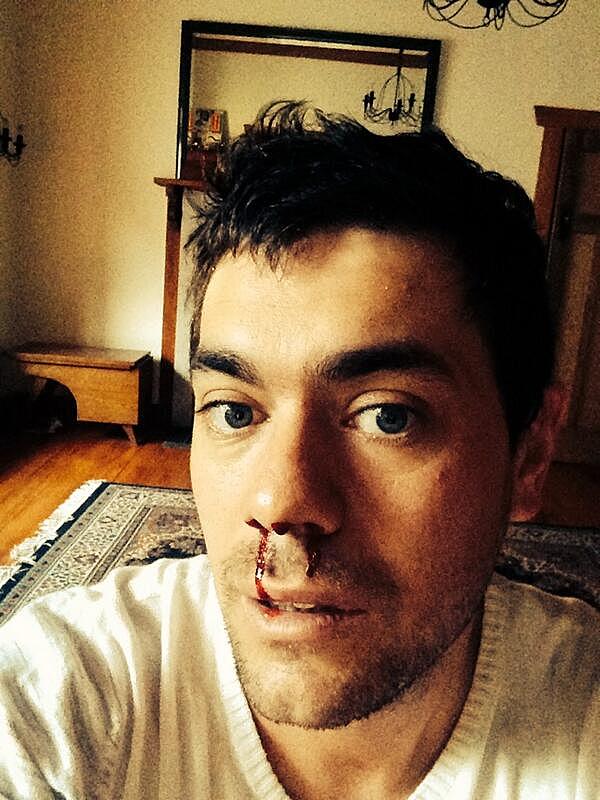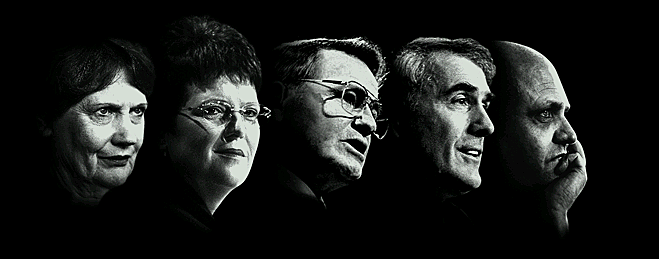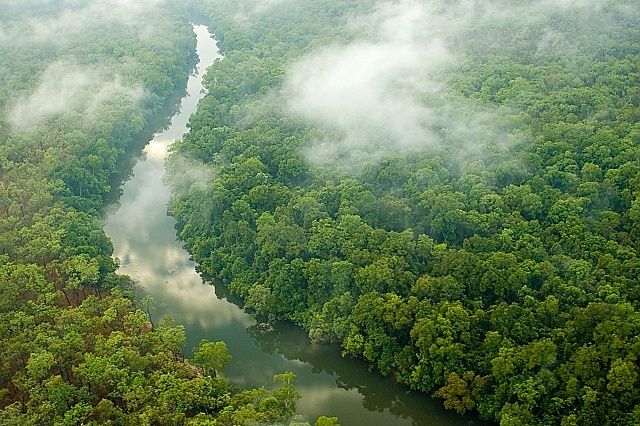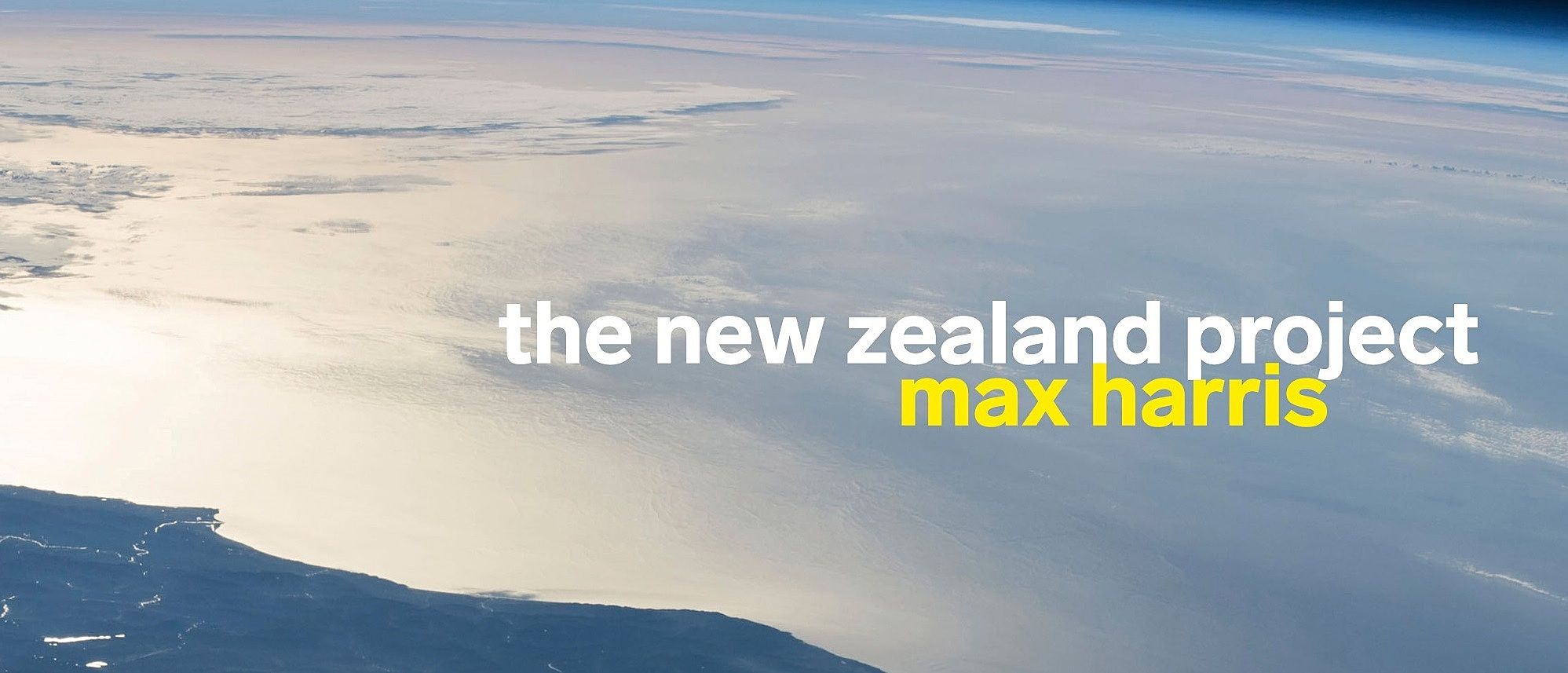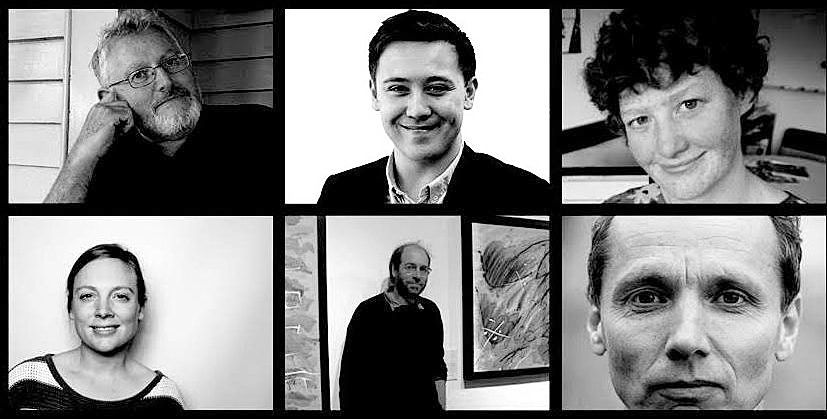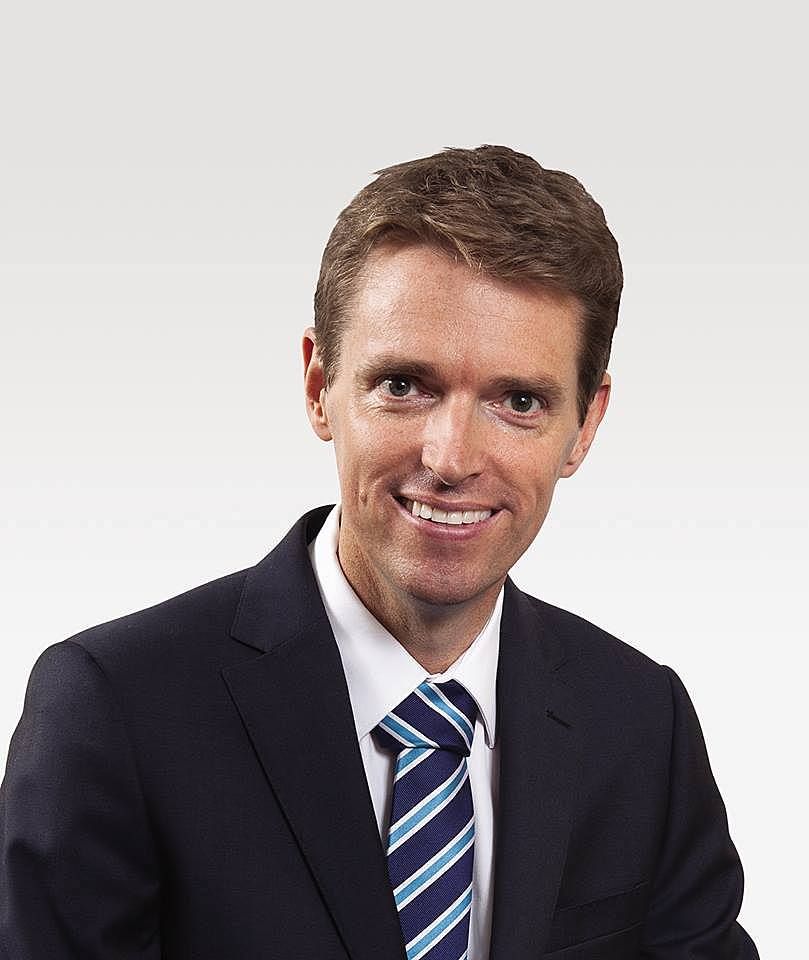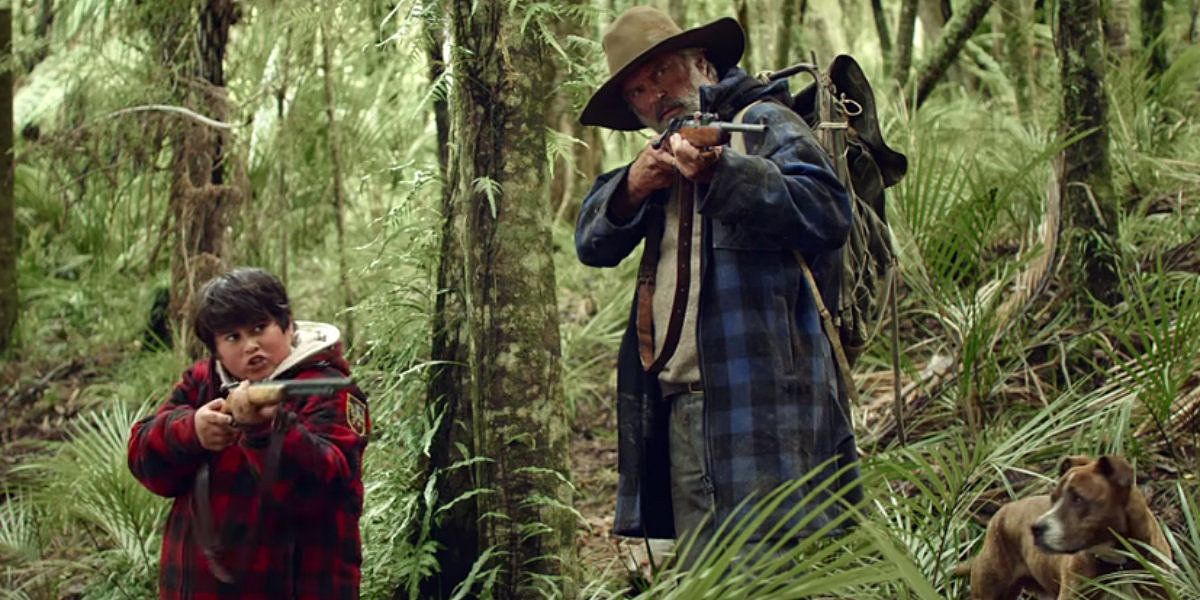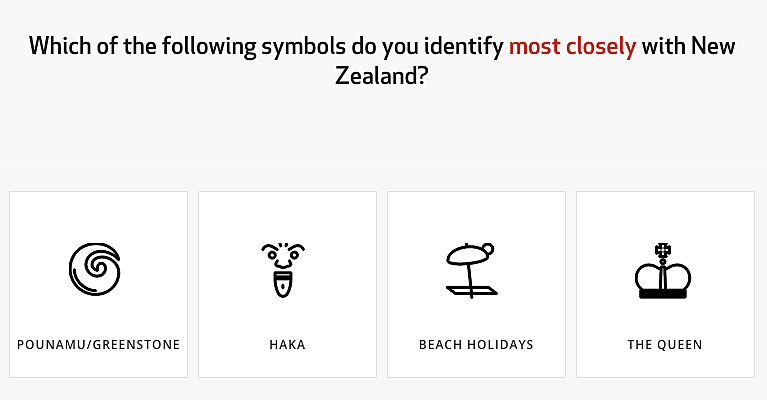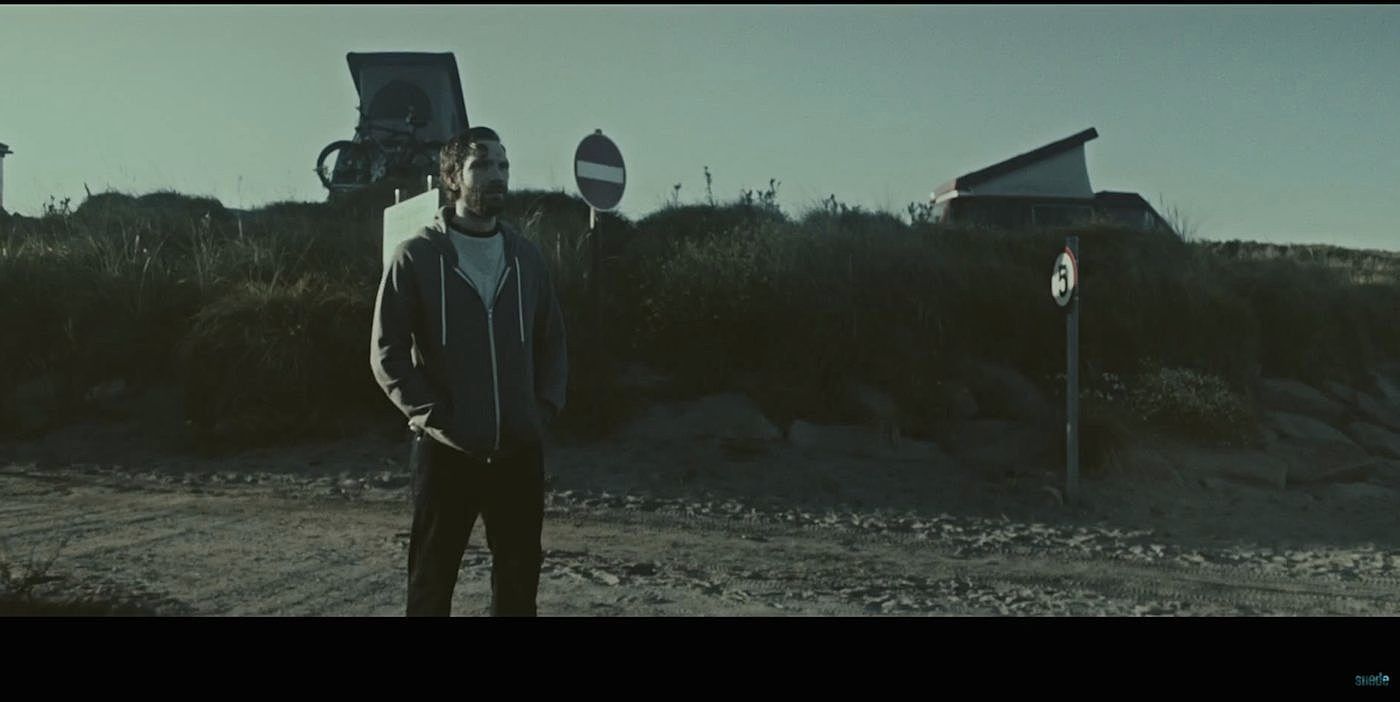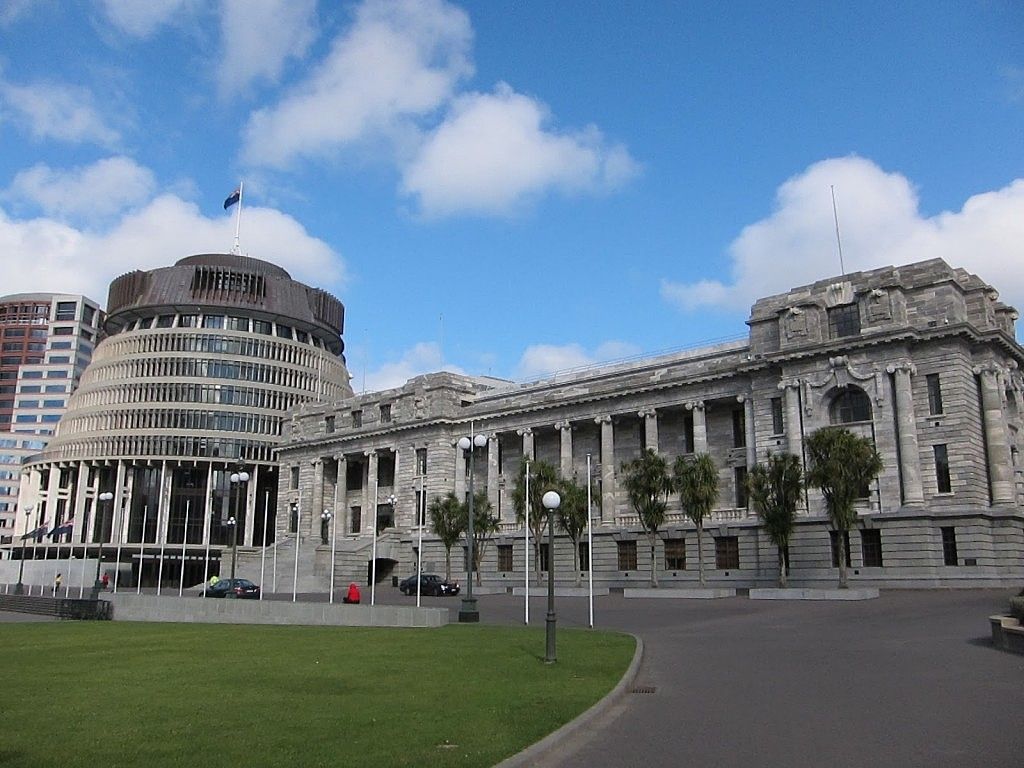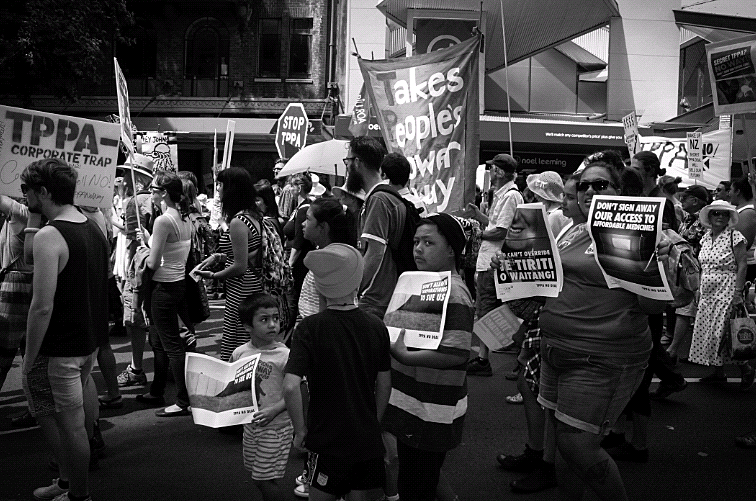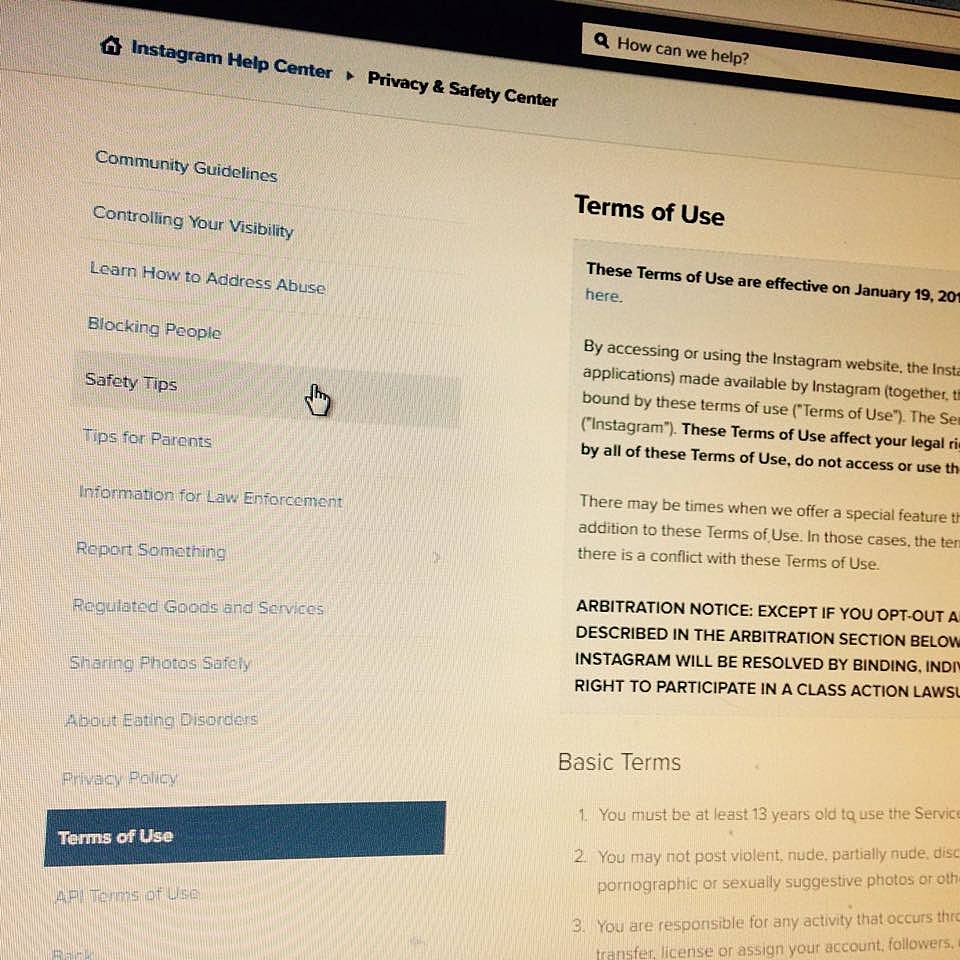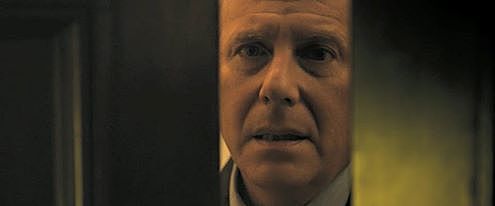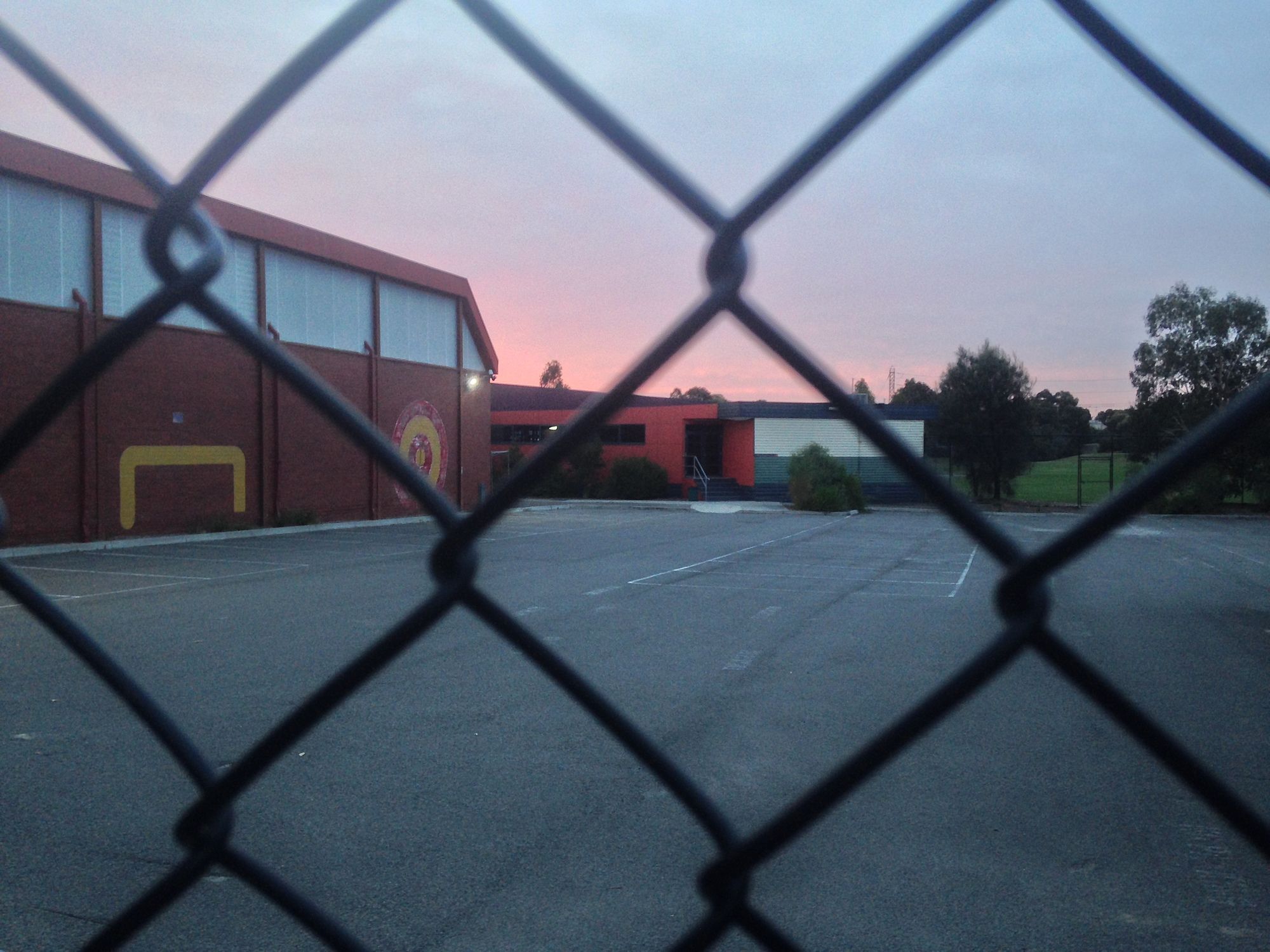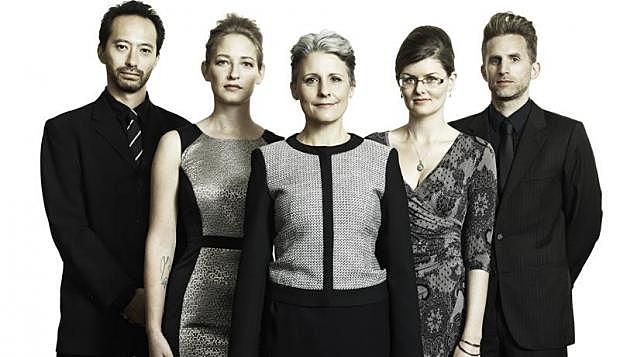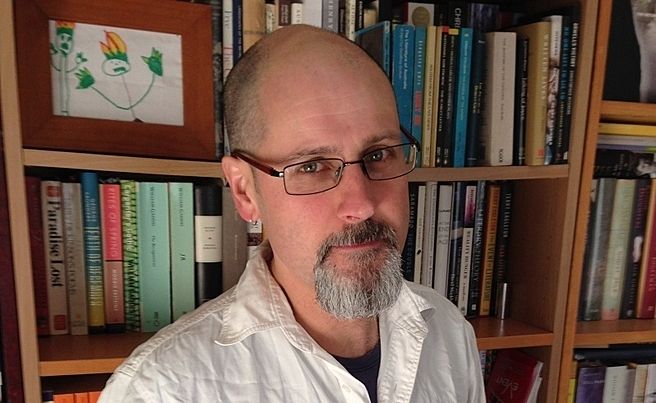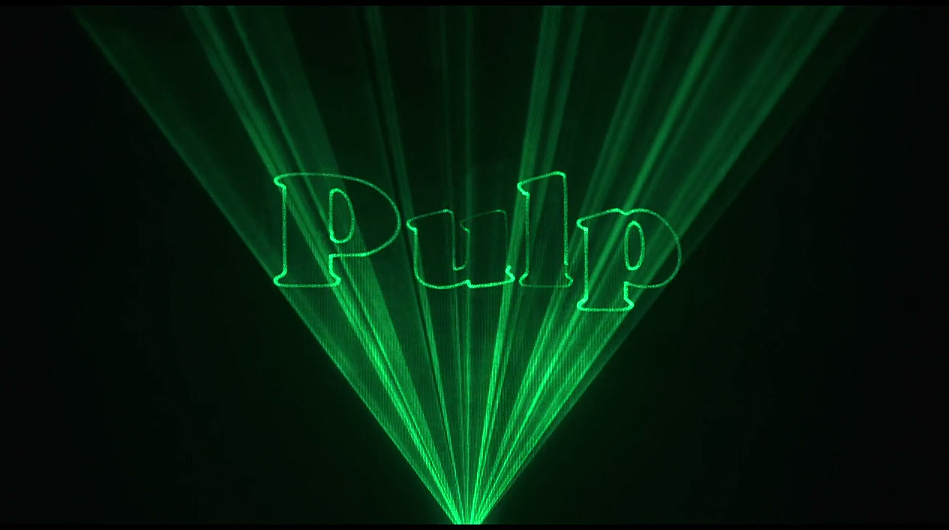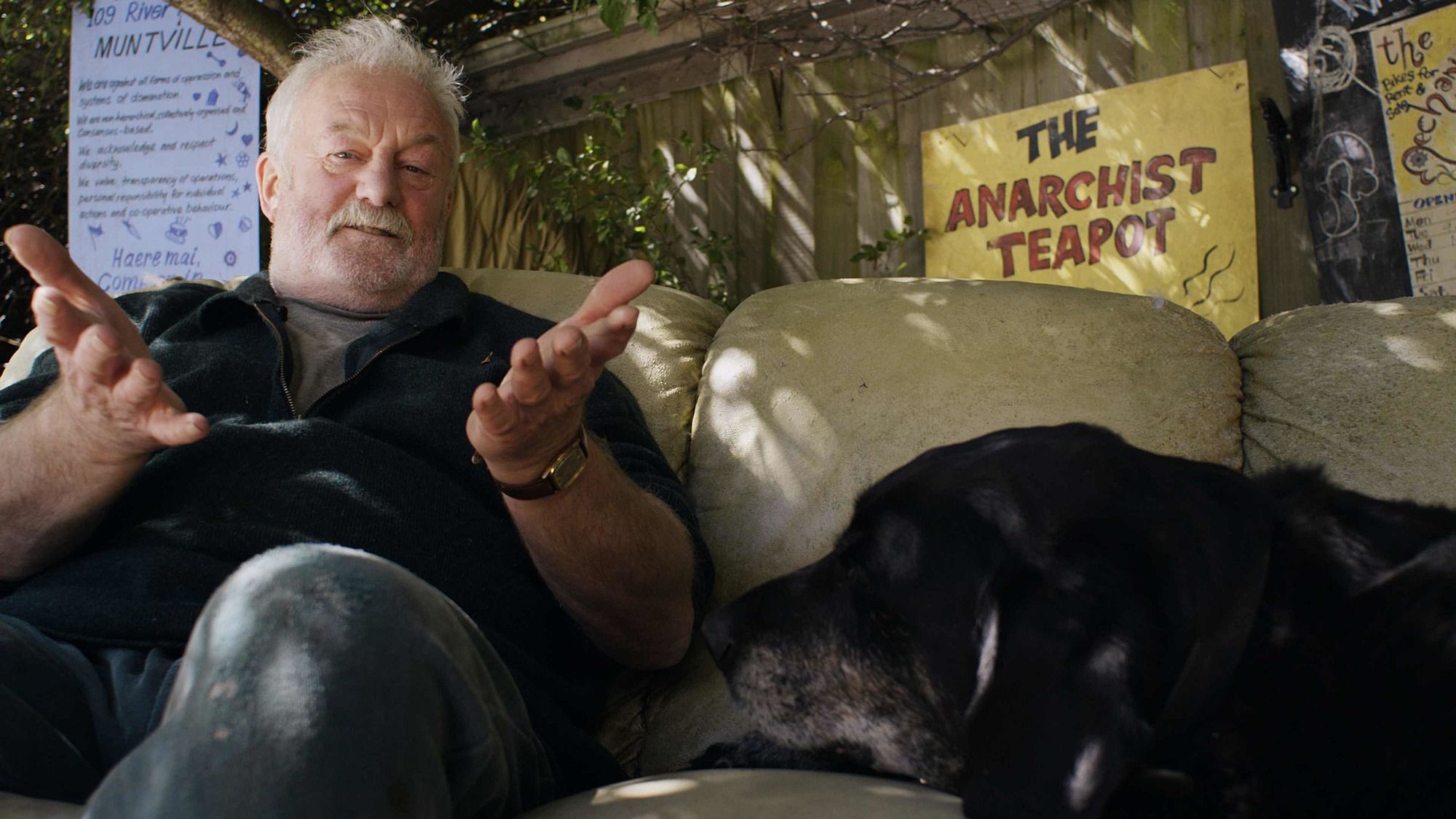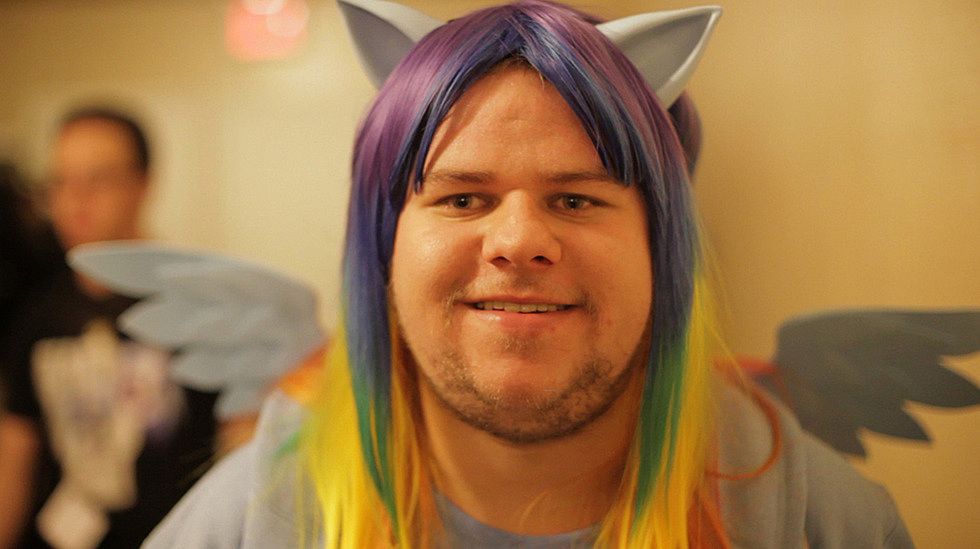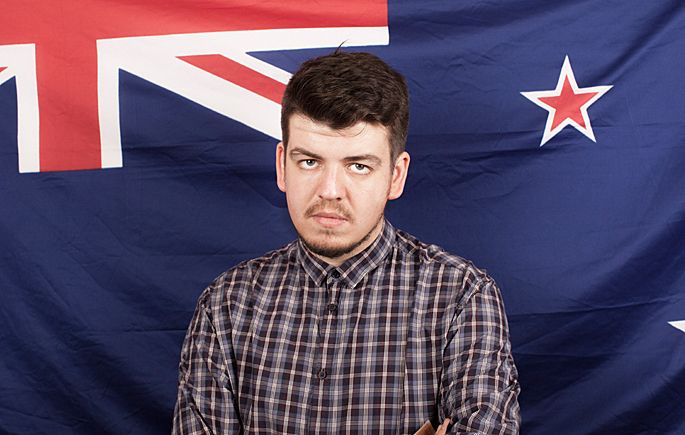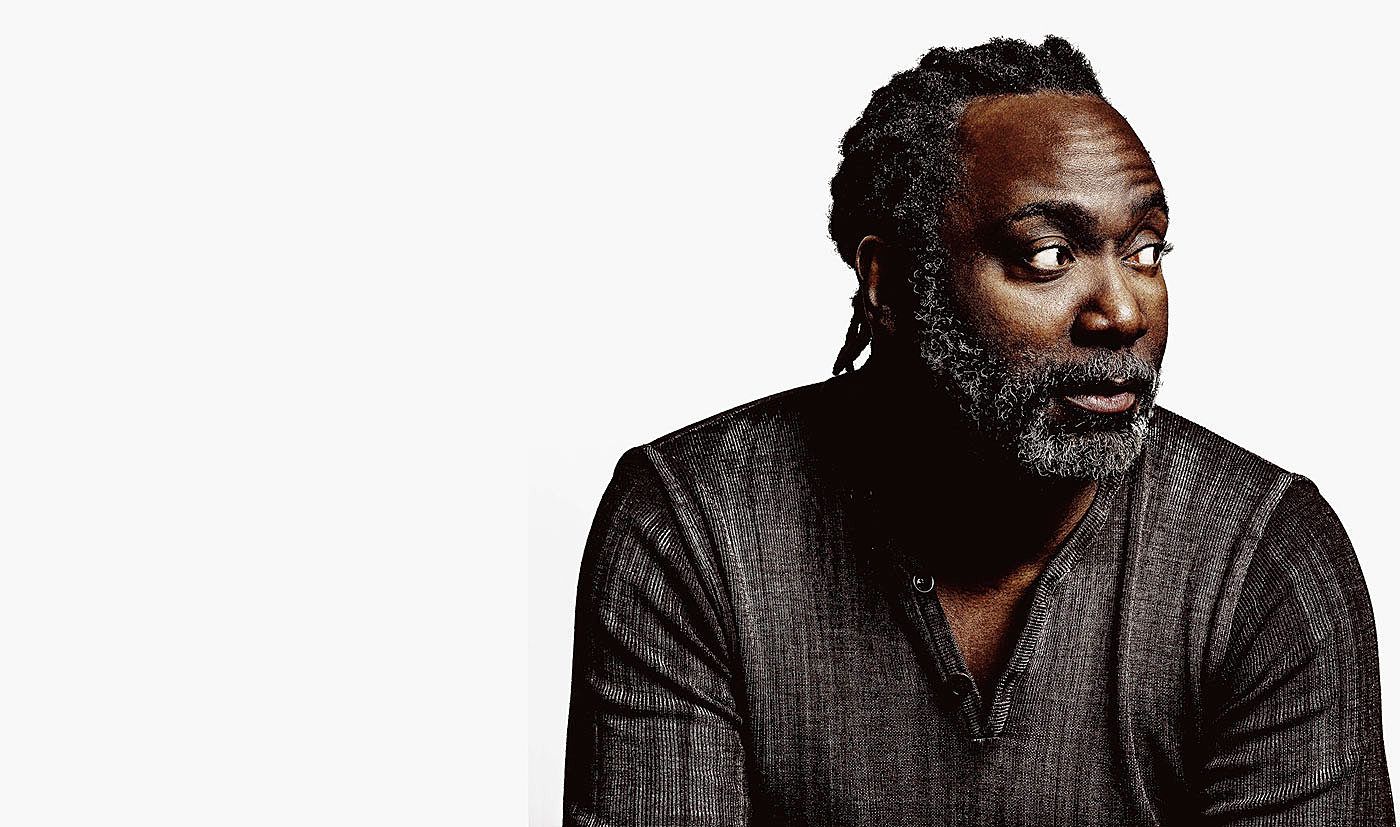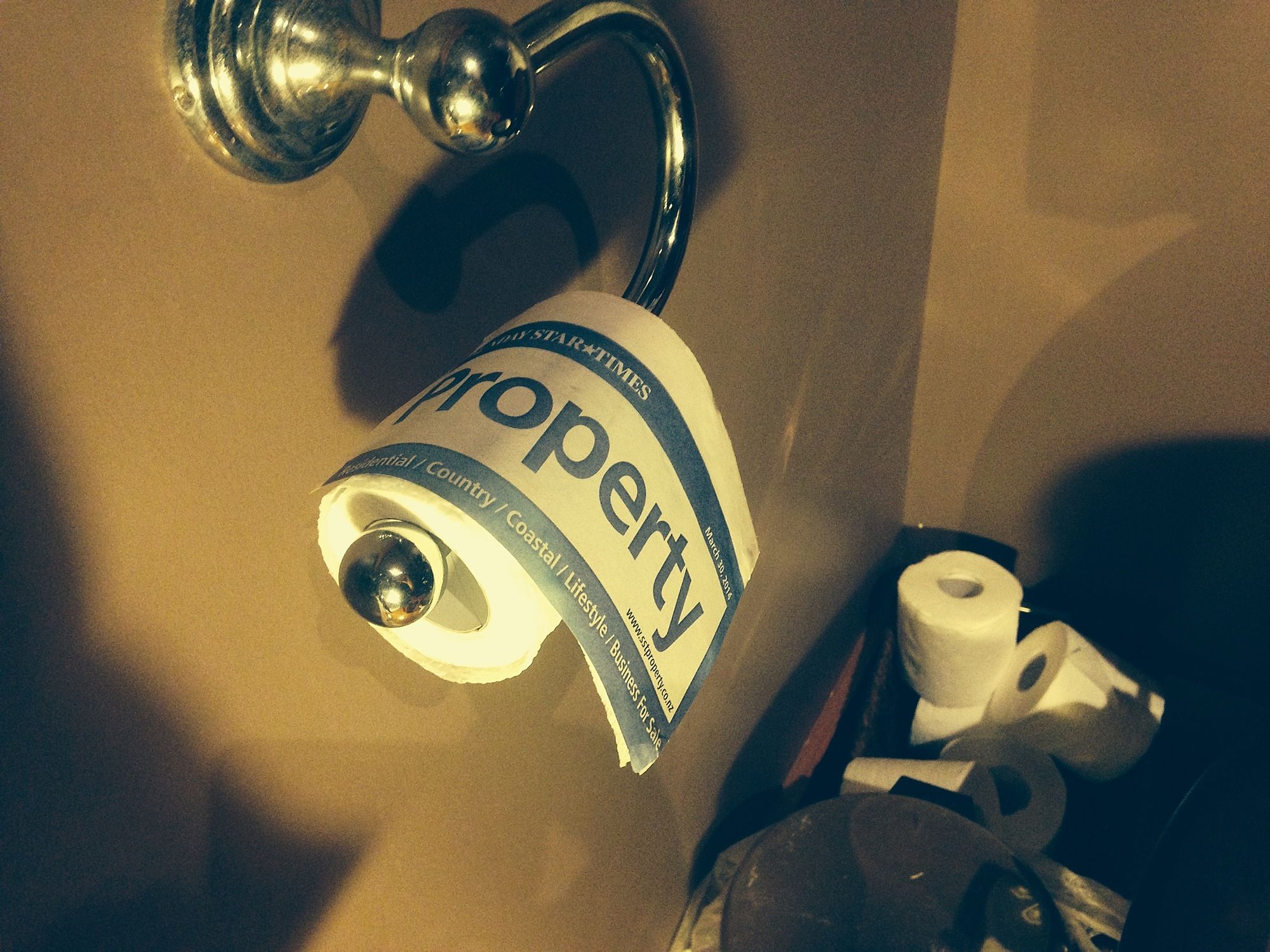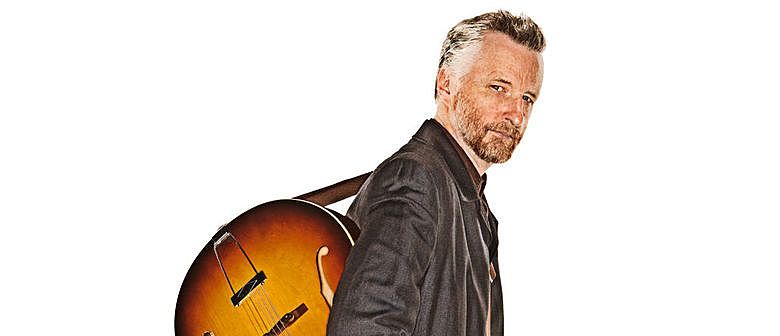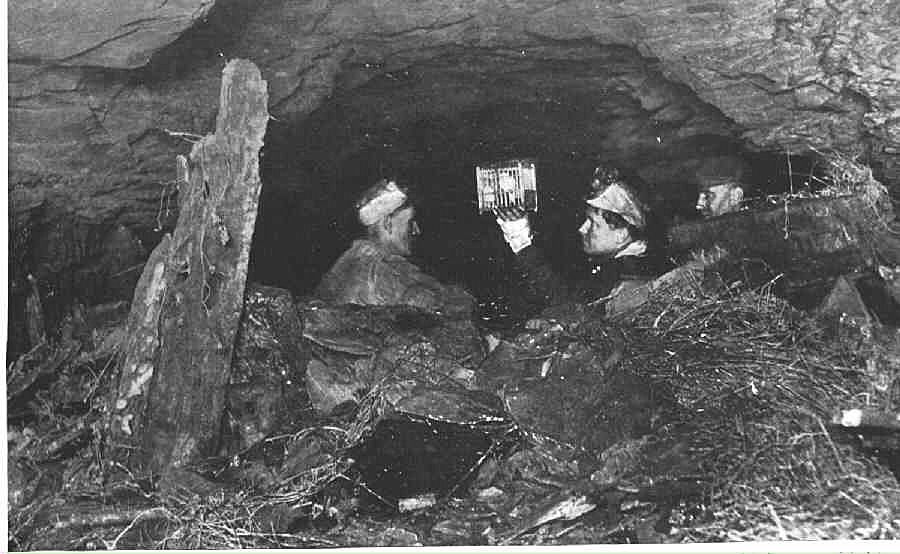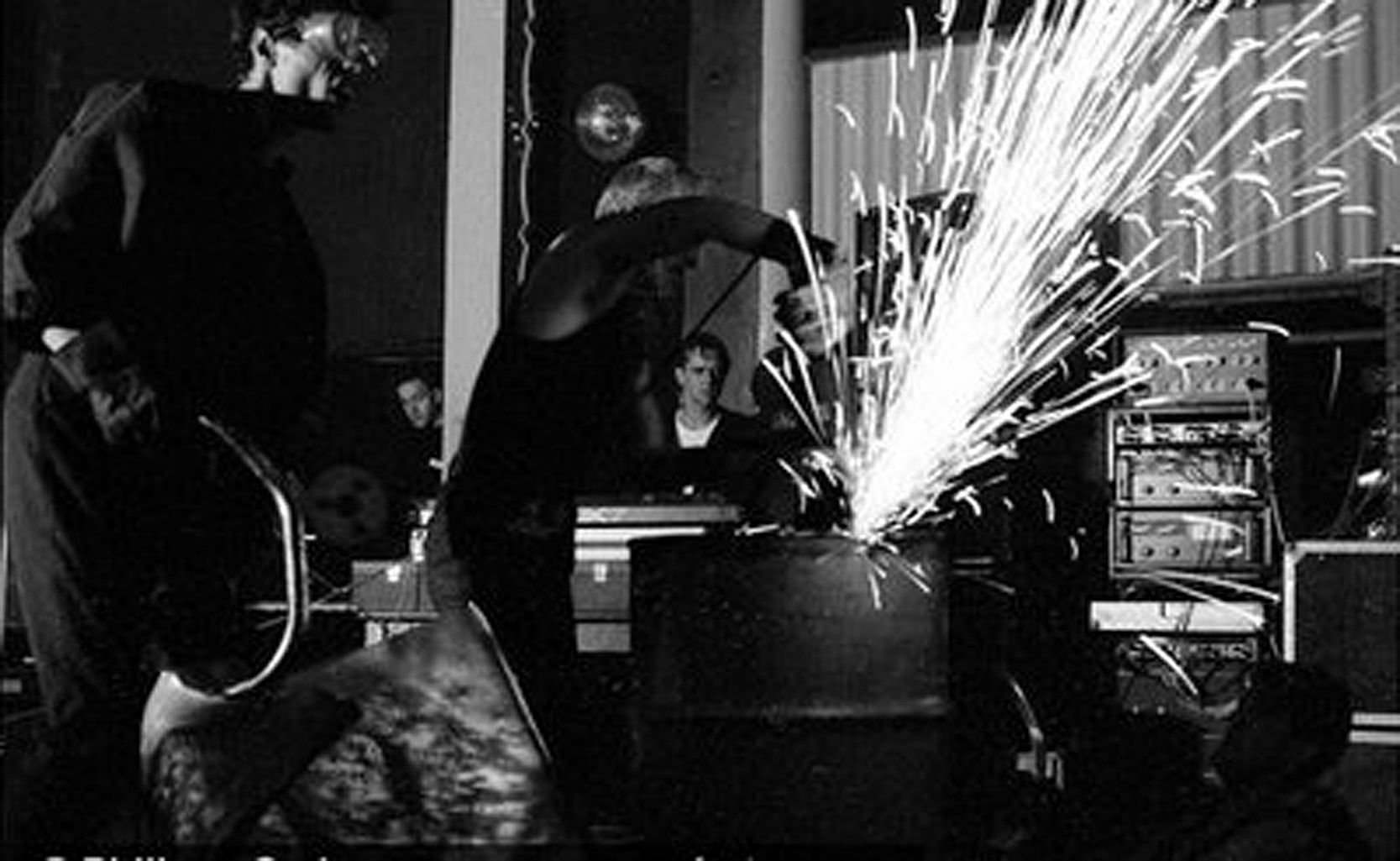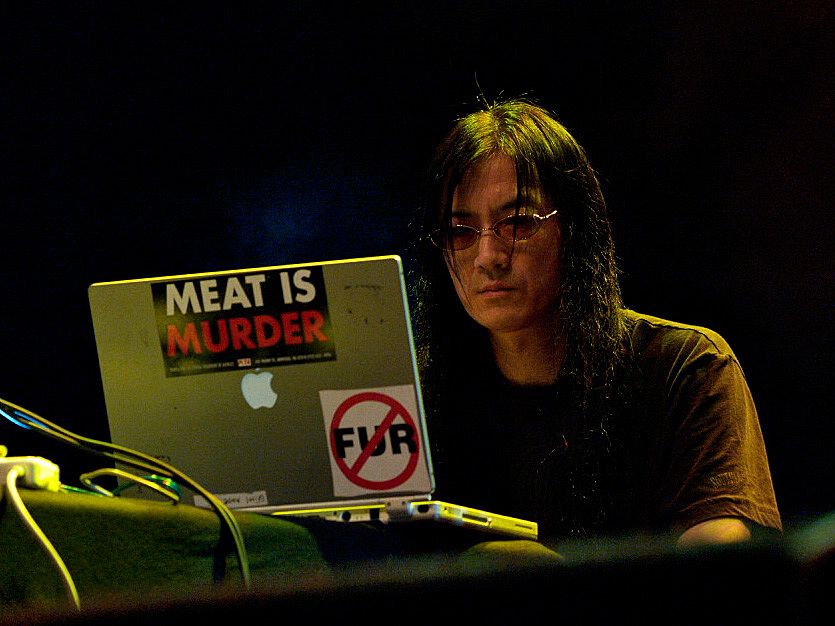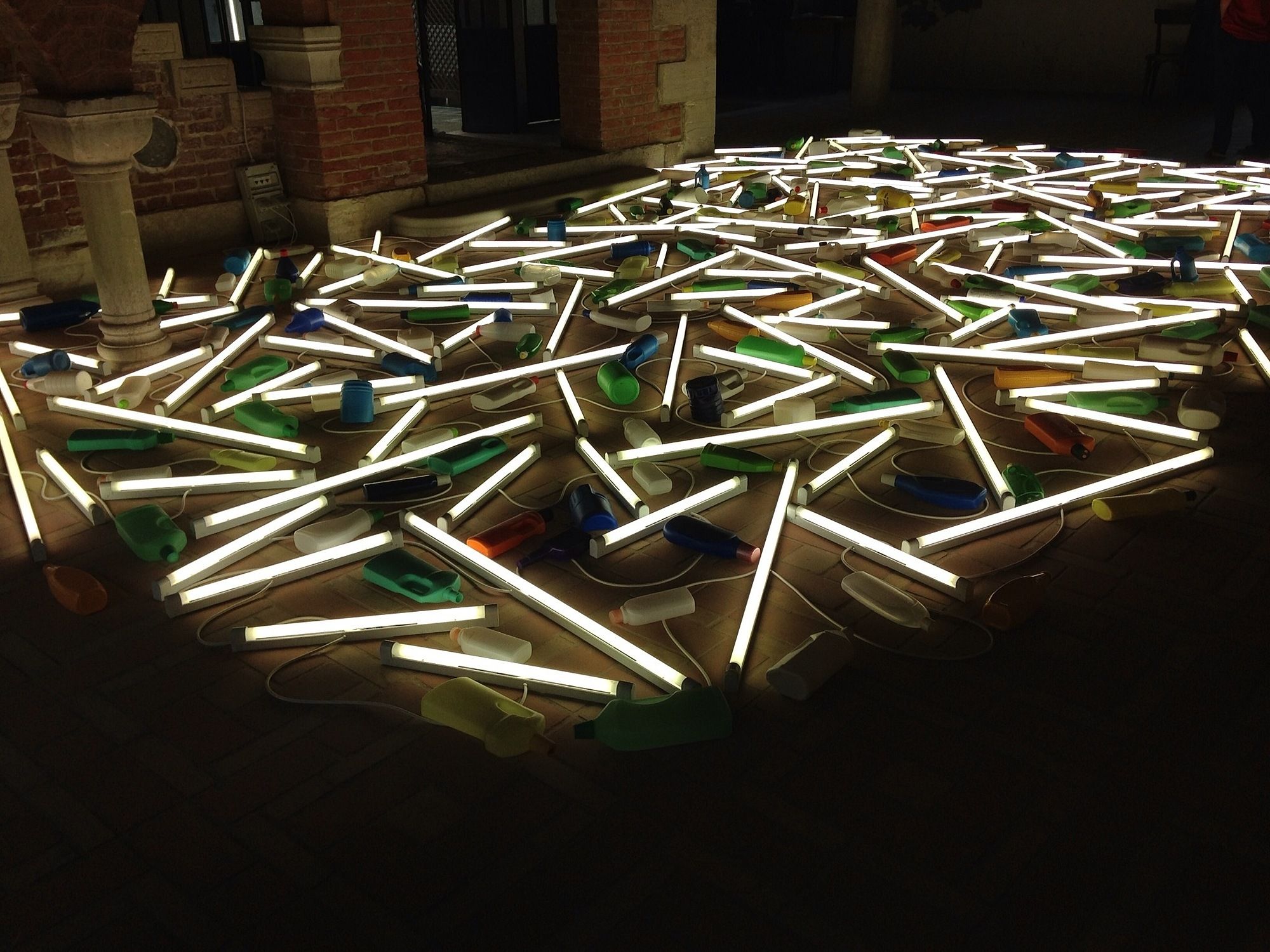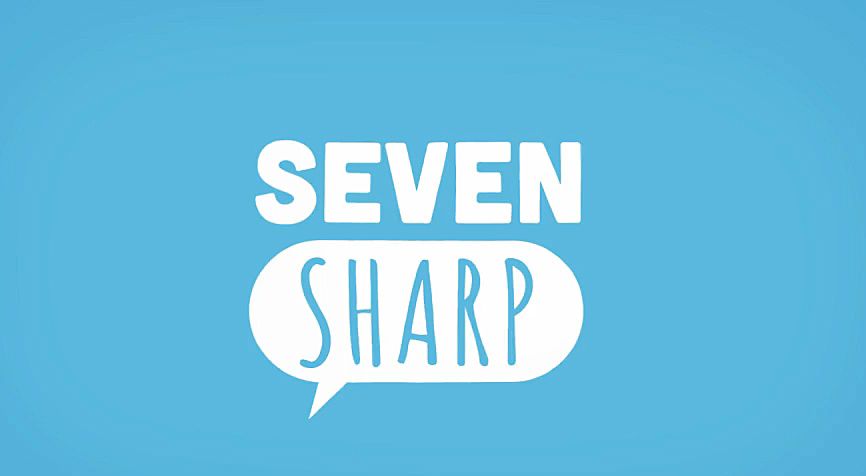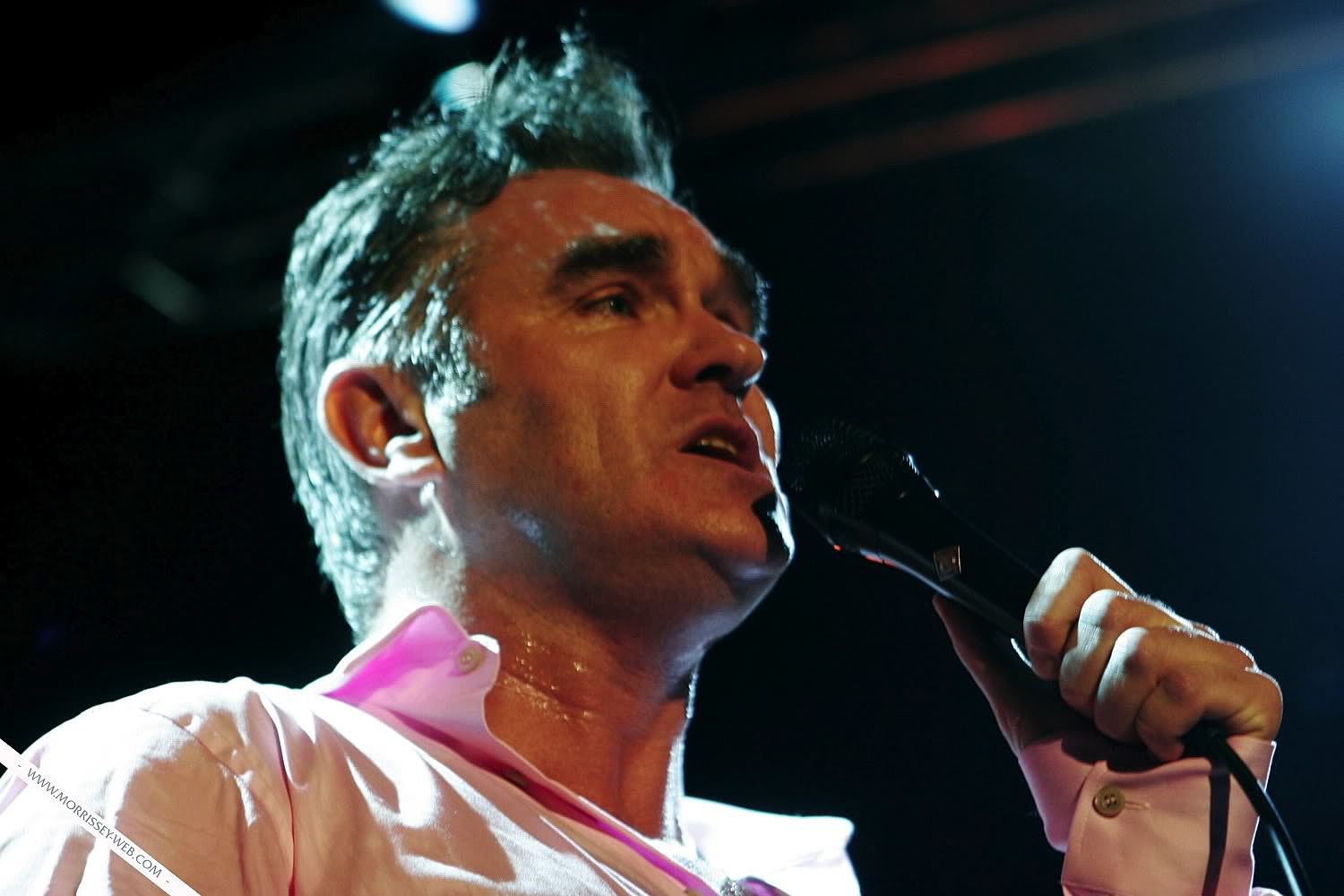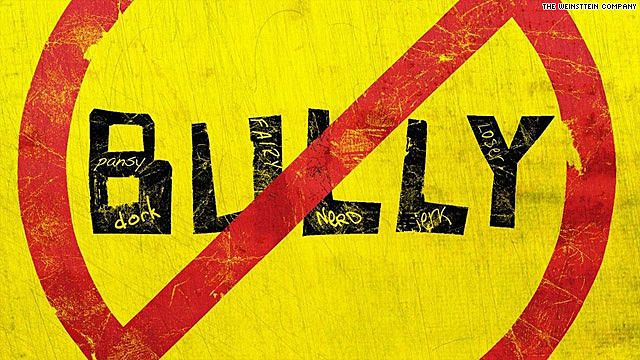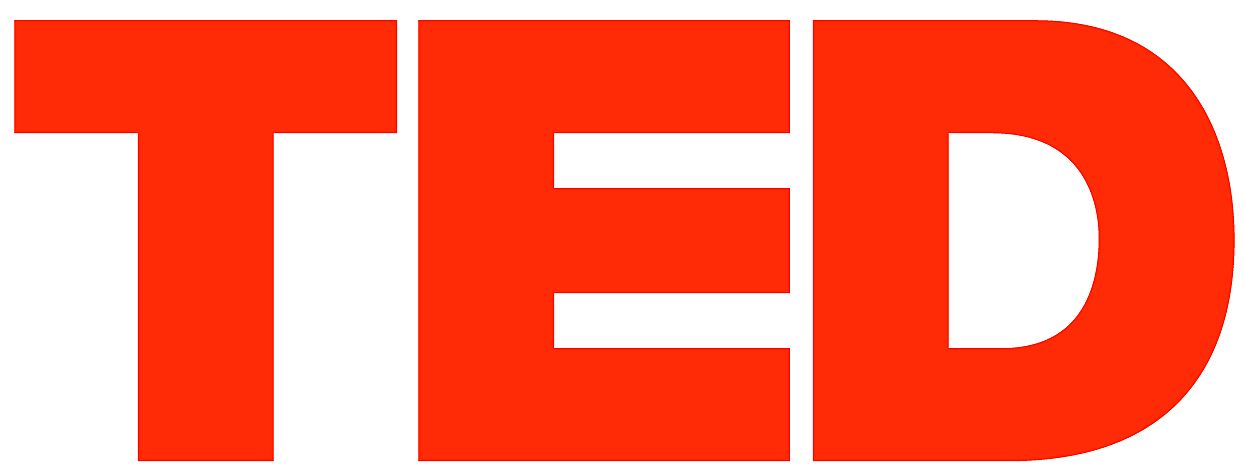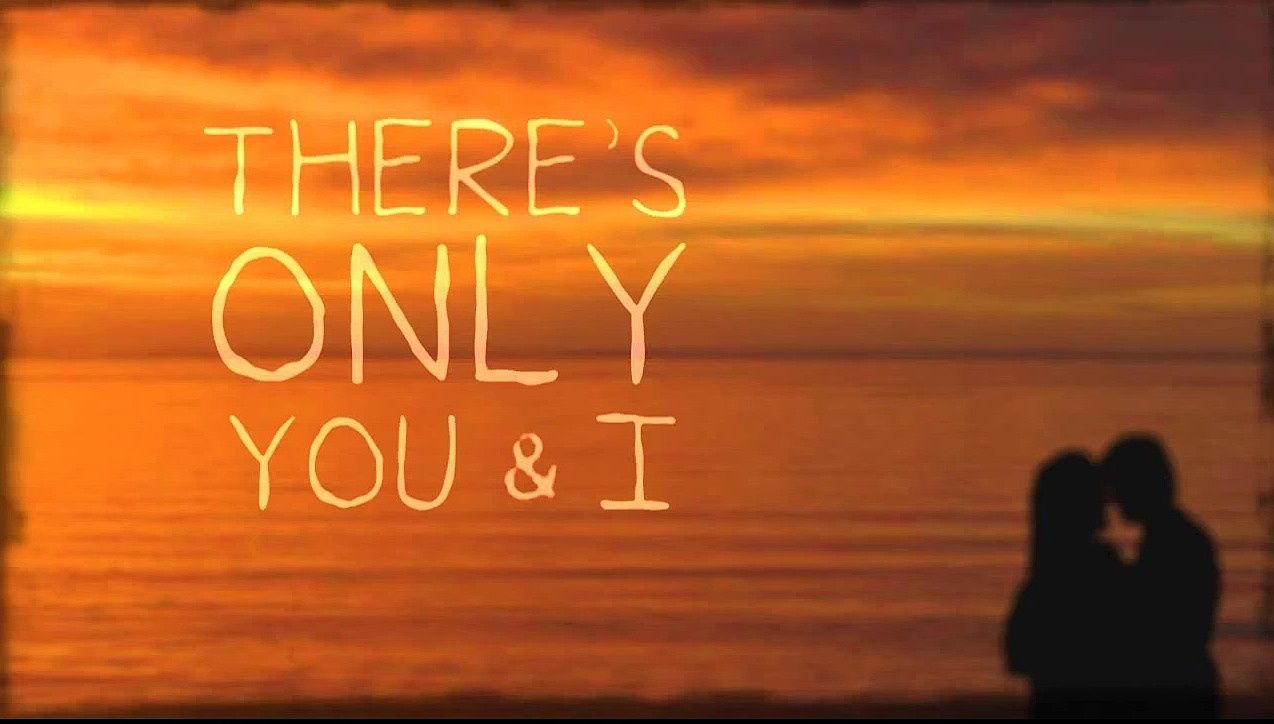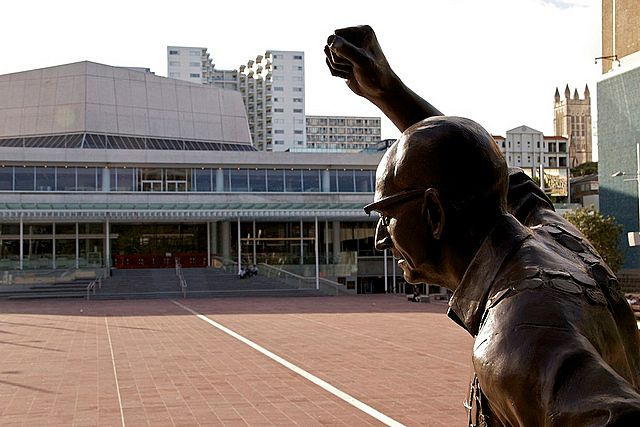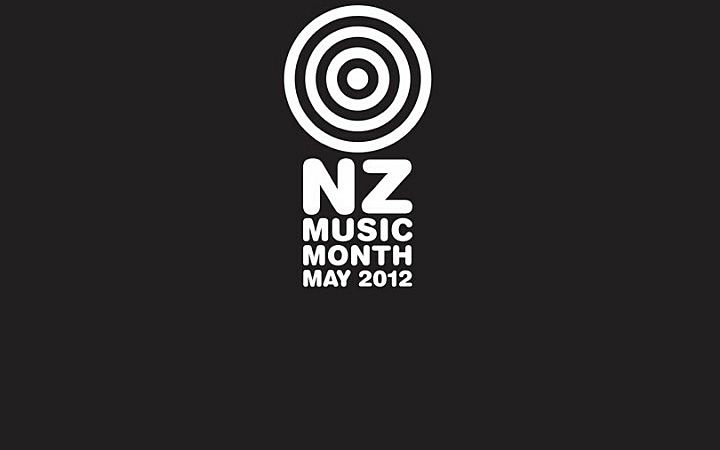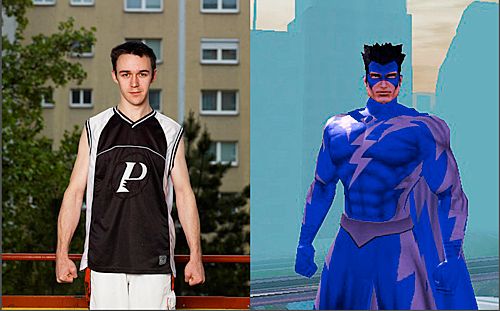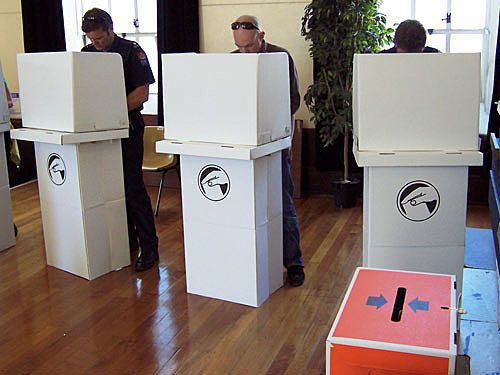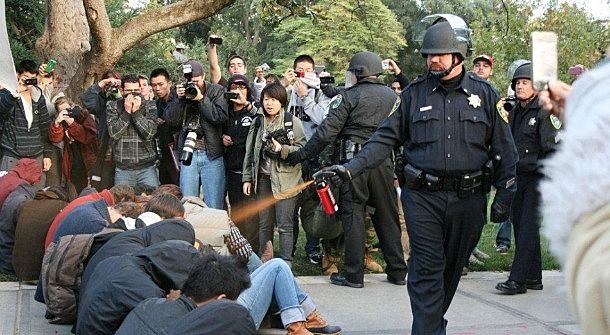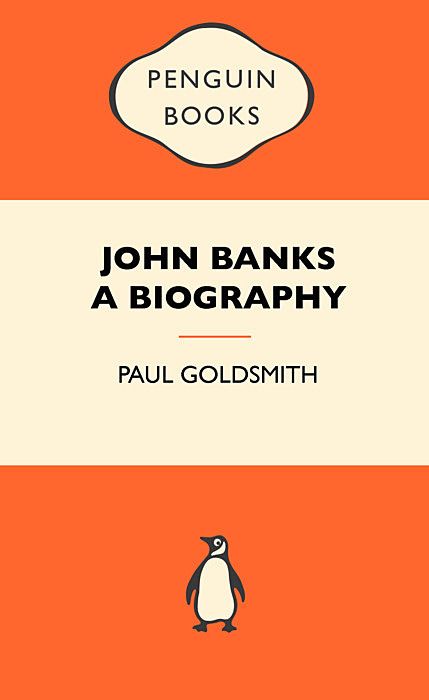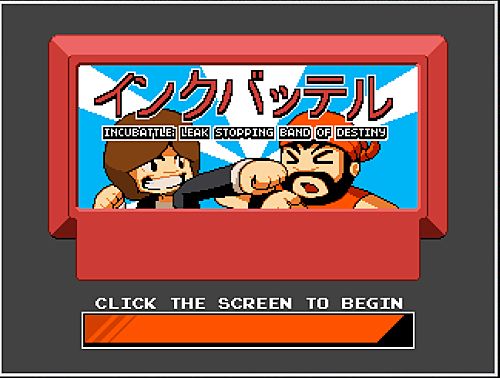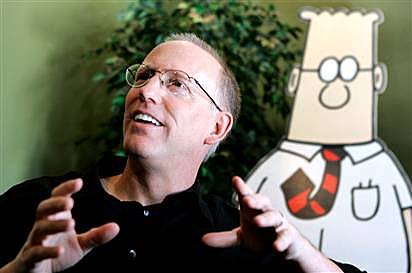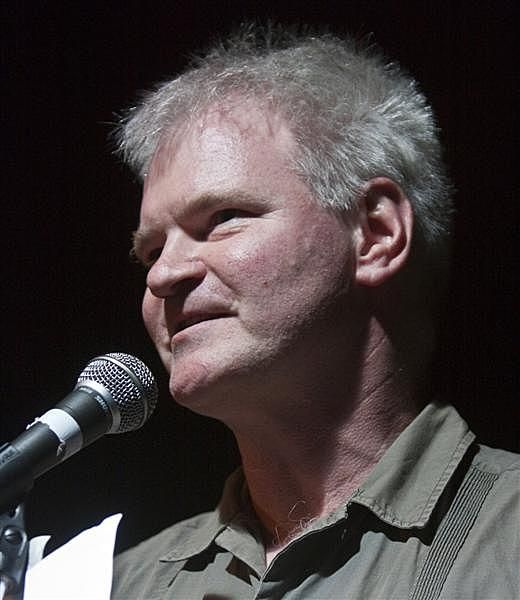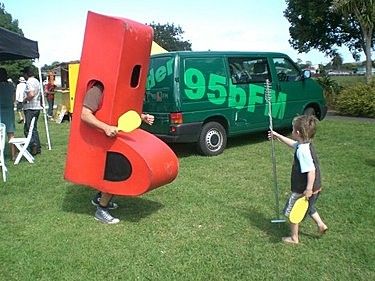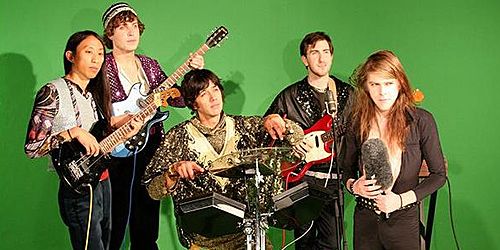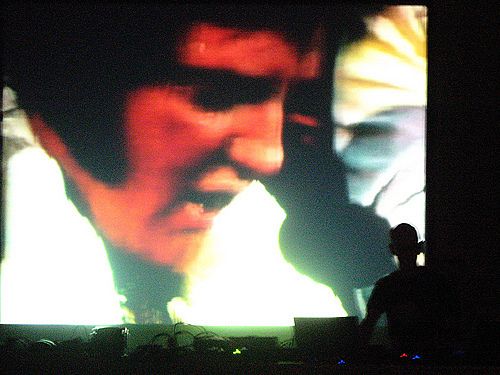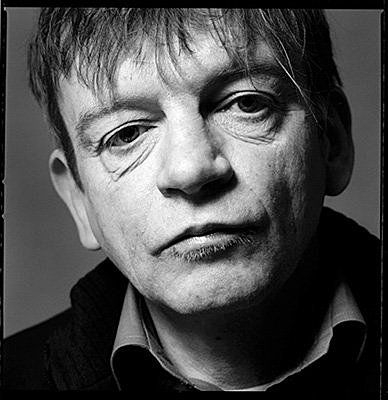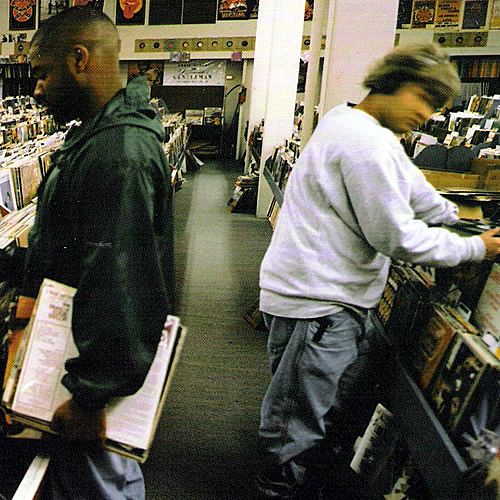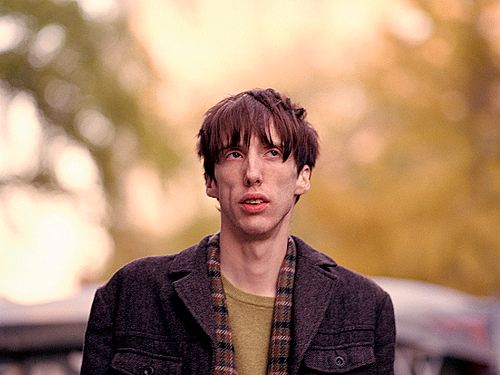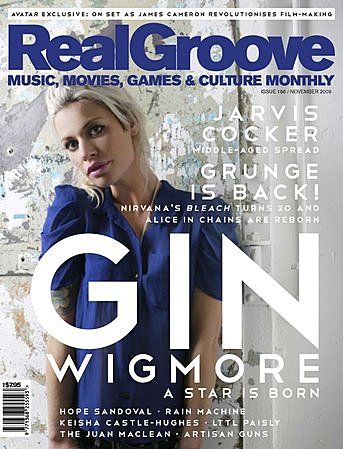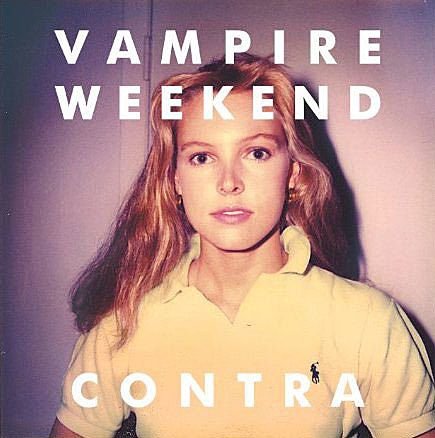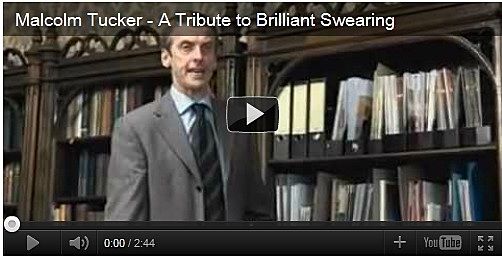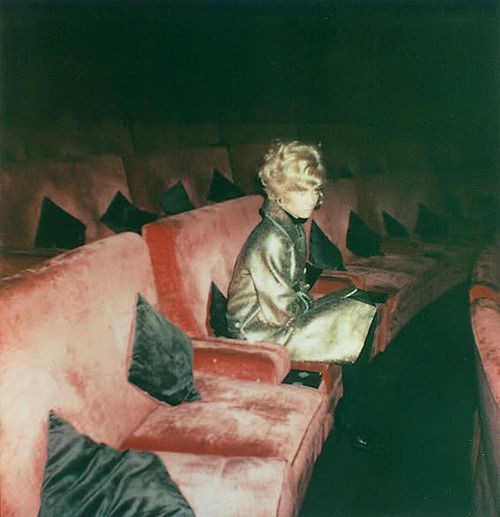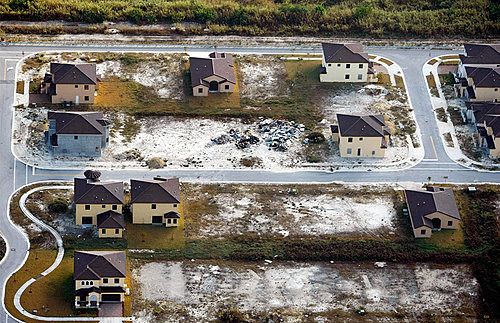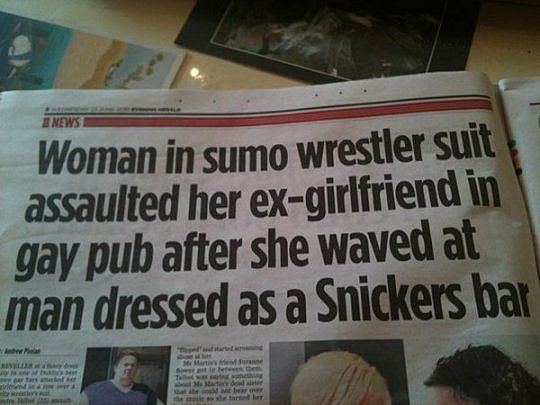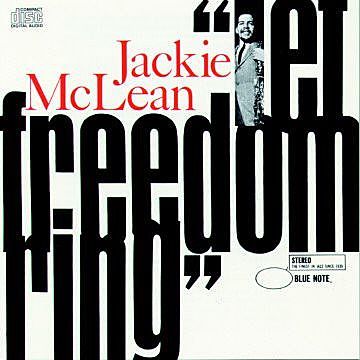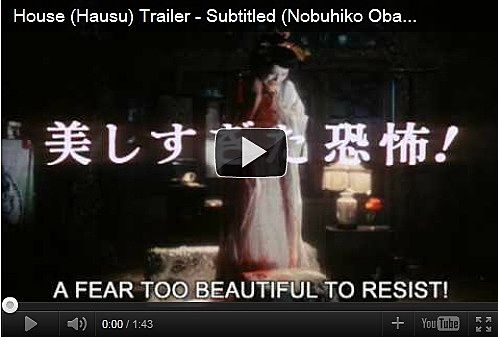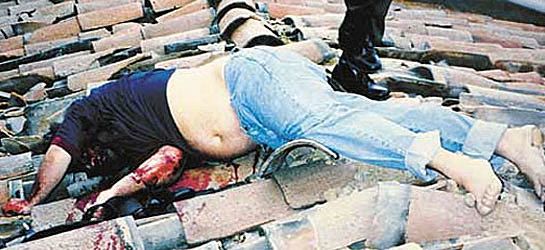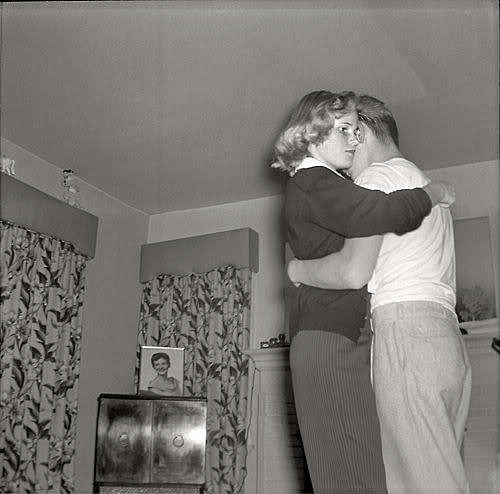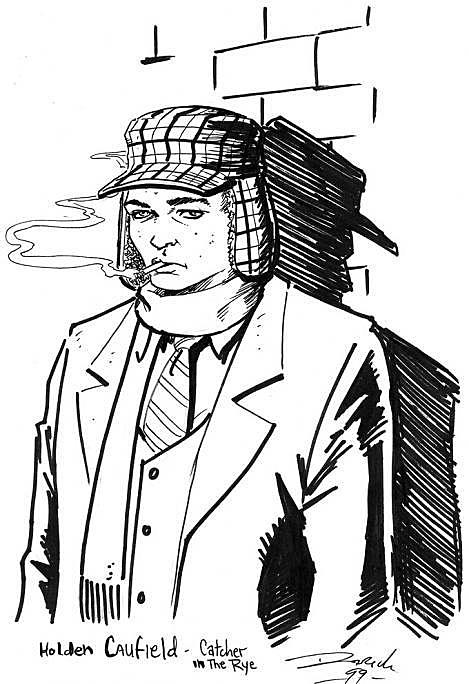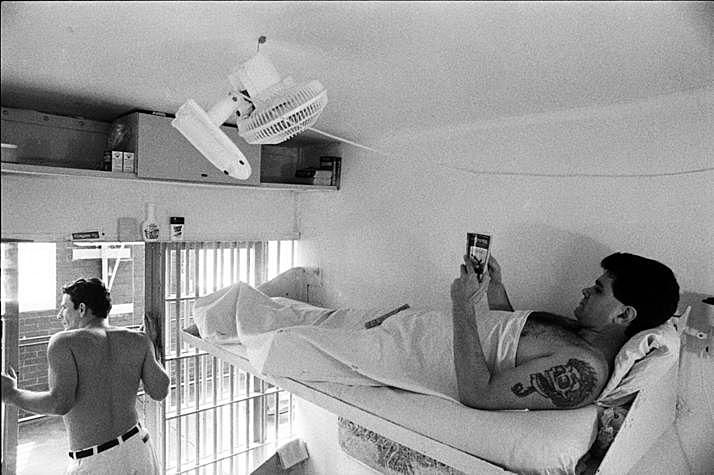Joe Nunweek
Joe was a Senior Editor for The Pantograph Punch until 2018, he has written for Overland, Real Groove, Volume (RIP), Sunday, 1972 and The Spinoff, and likes stories about how we got here and where we're going. He lives in Melbourne, where he works in community law.
Everything By: Joe Nunweek
We talk to Tim Neale about his book on colonial legacies and mixed intentions in Australia's North
Joe Nunweek chats to Max Harris about his ambitious new book and political possibility in Aotearoa
Joe Nunweek on Freerange Press's roundtable on the future of journalism
Joe Nunweek on when big data nationalism goes nowhere
Joe Nunweek talks to Suede's Mat Osman
Following the Internet Party's political obliteration, Joe Nunweek looks back at a prescient speech Mana leader Hone Harawira gave in August 2013, and asks what makes people converge around "the internet" as a political brand at all.
Critics were never quite adored, but they once commanded a certain respect. At the recent Melbourne Writers' Festival, Sydney Review of Books editor James Ley took Joe Nunweek through his history of half a dozen of the best, the public role of the critic, and how his publication is establishing itself in a midst of a rocky time for longform criticism.
Florian Habicht's documentary about Pulp and their home city, Sheffield, isn't just the best music documentary this year - it points a way out of biography and historicising into a better way of understanding acts we love. Joe Nunweek chats to him about brutalist housing projects, doing his subjects justice, and Pulp's last show.
Did you watch 'Hope And Wire' to the end? If you didn't, it pulled finger in the end, with a mixture of optimistic fairy-tale gloss and uneasy gloom. Also a ukelele, though.
The first episode of Hope and Wire does a lot of lining up its performers for one singular, terrible event. When it doesn't work, it's terrible; the good news is that once that event takes place, it starts to work a lot more than it doesn't.
Canadian-New Zealander Brent Hodge has crafted the feel-good documentary of the year with his expose of grown-ass My Little Pony fans and the people who love them. He talks to Joe Nunweek about the process of assembling the film, and the original direction he’s glad he avoided.
The docudrama commemorating 35 years since NZ’s deadliest peacetime disaster is an extraordinarily slick and moving piece of filmmaking, all the more so for zeroing in an overlooked slice of the aftermath.
Joseph Moore's Comedy Festival set is clever, ambitious, thematically unified, and consistently, immensely funny.
American comedian has some ascerbic and very funny points to make. Pity he keeps pausing to flog a dead horse.
First home-buyers have a choice: rent and be damned, or save in slim hope. But the rentier class have needs too - and if the solution involves some form of ritual self-abasement and desecration, then that's just the Kiwi way. Our essential how-to guide.
Billy Bragg is avowedly the second-most famous working-class anthem peddler to play in Auckland this month, for obvious reasons. But seeing him solo and with band at the Powerstation on 25th March made a compelling argument for why he's the best.
There's plenty up in the air with music writing right now, though music writers are understandably more worried than the rest of us. But toasting the end of their paid gigs in a blaze of technology and commerce might end up being cold comfort.
Trent Reznor wasn't the first industrial musician to make for Hollywood and do soundtracks - New Zealander Graeme Revell did it twenty-five years ago. We talk to him about his incendiary old group, the realities of film composing, and the strange way things pan out.
For what does it profit a man to listen exclusively to Merzbow for a month, but forfeit his hearing?
Last month, seventeen people ran for the most powerful position in Auckland. Sixteen were always going to lose, but at least one couldn't have cared less. We tried to learn what made Emmett Hussey tick, and it turns out he was angrier and funnier than we had a right to expect.
Our best chance to get contemporary New Zealand art in the international spotlight comes but once every two years. So why have we given it to someone who left the country over 50 years ago, and what does it say about us?
2013 finds the state of American journalism in a non-stop scandal frenzy, partly sustained by a legend, the baby boomers who were there, and the kids they're teaching now. Is New Zealand in the same predicament, and can our young journalists see past it and save us?
The annual list that tells us what NZ's politicians own, where they got to go and what cool presents they received is out. Here are some of the bleakest, strangest and most inscrutable.
For what does it profit a man to watch 7pm current affairs every night and forfeit his soul? Joe Nunweek attempts to find out.
The site returns for 2013 in seer-like anticipation of the events that will rock NZ arts, culture and society in the coming year.
In a bookend to May’s Morrissey hip-hop piece, Joe Nunweek wrestles with his demons and decides to go see his teenage hero at the last possible moment.
Bullying is a big issue in NZ - or at least, we talk about it enough - so why did the most-acclaimed film about it in years bomb here? A walk through soft and hard censorship, the policies that protect our schoolkids, and the power of documentary to make us crusade without pause for thought.
Ahead of this weekend's inaugural Auckland TED talks, we've gotten our hands on an exclusive leak of the inspirational opening address guests will hear on Saturday. Whet your appetite - and your mind.
Could this ever be the sound of courage? I think it could, depending on how you define it.
He's best known to the 21st century as central Auckland's best monument - but a new biography of six-time Auckland mayor Sir Dove-Myer Robinson showcases a man with ideas forty years ahead of their time, and reminds us how history can repeat, especially in local government.
Pilots usually suck, so we don't read reviews of them. TV3's sitcom-cum-Olympic cash-in Golden must have hit its stride by now though, right? Right?!
The scandal-stricken Accident Compensation Commission has devised a position description that suits 17-year-old me to a tee. This is definitely not as awesome as it sounds.
Neither a yawnorama concert DVD nor a brutal Metallica-style takedown, Shihad: Beautiful Machine is a curious wee beastie - but one that manages the simultaneous feat of reappraising the band and being oddly moving. Why?
I spoke at a panel discussion on New Zealand Music Month this week as a form of Panty Punch Community Outreach. Here's the talk, and here's a few thoughts that came out of it...
Robbie Cooper (b.1969) is a British artist working in photography, video, and explorable 3D. His work focuses on the similarities and differences between how people present themselves in reality, and their online personas.
The 2008 general election produced the lowest voter turnout in NZ in over 120 years. So how could we fix this?
"Voter turnout has been decreasing in most established democracies over the past 30 years or so. Which is not to absolve New Zealand’s responsibility for sorting its shit out, but to get people who are soulsearching on this to cast their net a little wider than blaming, say, Phil Goff. Or MMP. Or The Feelers. Or offering up a comparison of the 1887 general election. I don’t know."
Don't vote for anyone who is a dick on election day.
